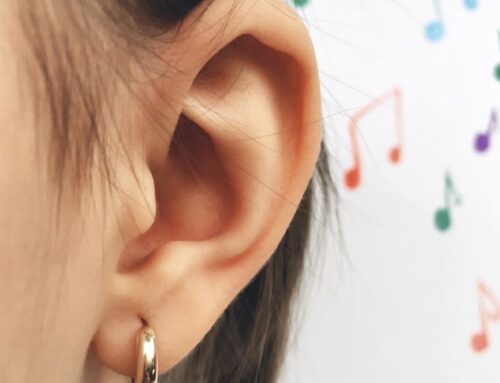Choosing an instrument for your child to learn can be an exciting yet challenging decision. Among the plethora of options, three instruments often stand out as popular choices for beginners: the guitar, piano, and drums. Each of these instruments offers unique benefits and appeals to different interests and personalities. Here’s a look at why these instruments are frequently chosen and why they make excellent starting points for young musicians.
Voted Top for Music Instruction in Burlington, Ontario we’ve a team of musicians who love to play – and teach – guitar, piano and drums! Contact us to book your visit to our award-winning music school at Capstone Music!
1. Guitar
Why It’s Popular:
- Portability: The guitar is lightweight and easy to carry, making it a convenient option for kids to take to lessons, practice sessions, and even on family trips.
- Cultural Relevance: The guitar is prominently featured in many music genres, including rock, pop, folk, and country. Its cultural ubiquity makes it a relatable and appealing choice for kids who aspire to emulate their favorite musicians.
- Accessibility: Guitars are widely available in various sizes, making it easier for young children to find a model that fits them comfortably.
Why It’s a Great Choice:
- Encourages Social Interaction: Playing the guitar can be a social activity, whether it’s strumming along with friends, joining a band, or participating in group lessons. This fosters teamwork and social skills.
- Develops Coordination and Dexterity: Learning to play the guitar enhances hand-eye coordination and fine motor skills as kids navigate different chords and strumming patterns.
- Boosts Creativity: The guitar is an excellent instrument for songwriting and improvisation, allowing kids to explore their creative side and develop their unique musical style.
2. Piano
Why It’s Popular:
- Ease of Learning: The piano’s layout is visually intuitive, with each key corresponding to a specific note. This makes it easier for young children to understand the relationship between notes and sounds.
- Foundation for Music Theory: Learning the piano provides a strong foundation in music theory, which can be beneficial if the child decides to learn other instruments later.
- Versatility: The piano is versatile and can be used to play a wide range of music genres, from classical to jazz to contemporary pop.
Why It’s a Great Choice:
- Enhances Cognitive Development: Studies have shown that playing the piano can improve cognitive development, including better math skills and memory. It stimulates the brain in unique ways, promoting overall intellectual growth.
- Improves Hand-Eye Coordination: Playing the piano involves reading music and pressing keys simultaneously, which enhances hand-eye coordination and fine motor skills.
- Emotional Expression: The piano allows for a wide range of dynamic expression, helping children learn to convey emotions through music and develop their artistic sensibilities.
3. Drums
Why It’s Popular:
- Physical Activity: Playing the drums is an excellent outlet for kids with high energy levels. It combines physical activity with musical expression, making it a fun and engaging option.
- Rhythm Foundation: Drums provide a strong foundation in rhythm, which is essential for all types of music. This foundational skill can benefit children in learning other instruments and understanding musical structure.
- Immediate Gratification: Unlike some instruments that require precise tuning and technique from the start, drums allow kids to produce sound and rhythm immediately, providing a sense of accomplishment and motivation.
Why It’s a Great Choice:
- Boosts Coordination and Motor Skills: Drumming requires the use of both hands and feet, improving coordination, motor skills, and overall physical dexterity.
- Stress Relief: Playing the drums can be an excellent way for children to release stress and express their emotions physically, promoting mental and emotional well-being.
- Encourages Teamwork: Drummers often play in bands or ensembles, which helps children learn to work collaboratively, listen to others, and contribute to a group effort.
What Will Your Child Choose?
Whether your child is drawn to the rhythmic beats of the drums, the melodic versatility of the piano, or the expressive chords of the guitar, each of these instruments offers unique benefits that can foster a lifelong love of music. Encouraging your child to learn an instrument not only enhances their musical abilities but also contributes to their overall development, including cognitive, social, and emotional growth. As you explore these options, consider your child’s interests and personality to find the perfect fit that will inspire their musical journey.






